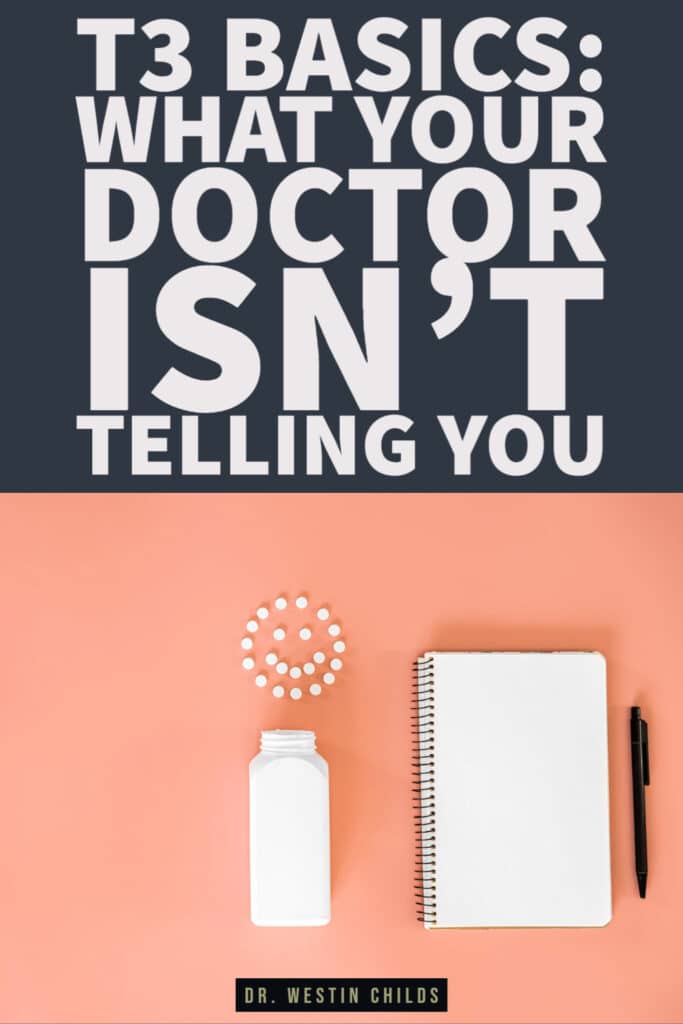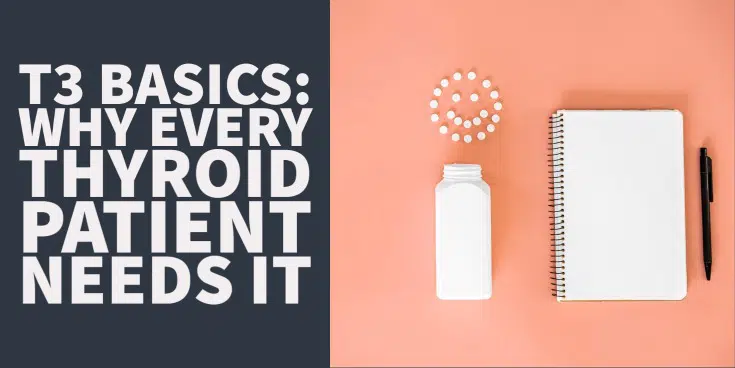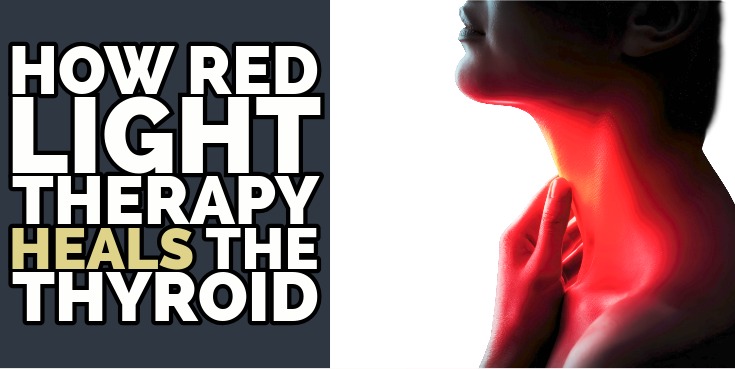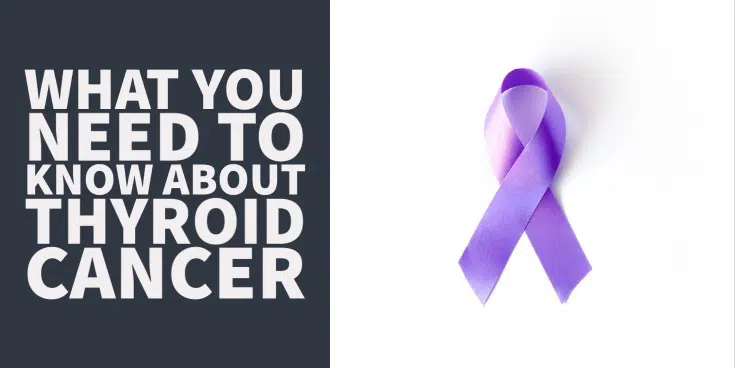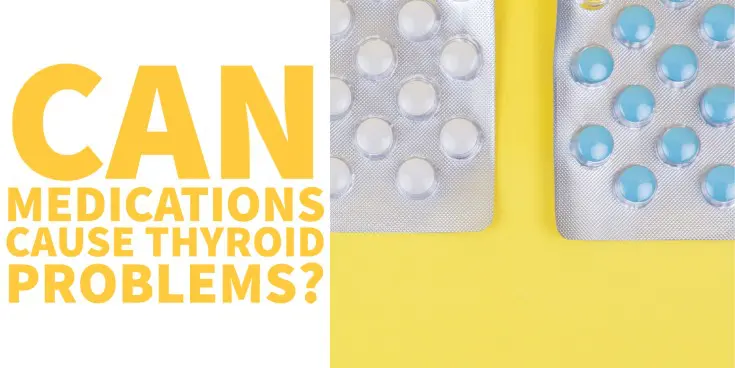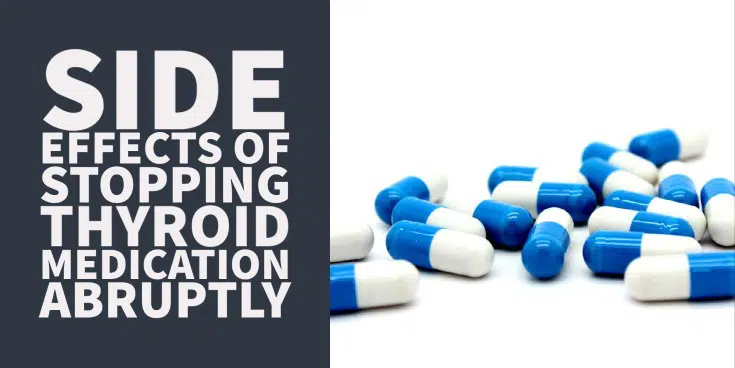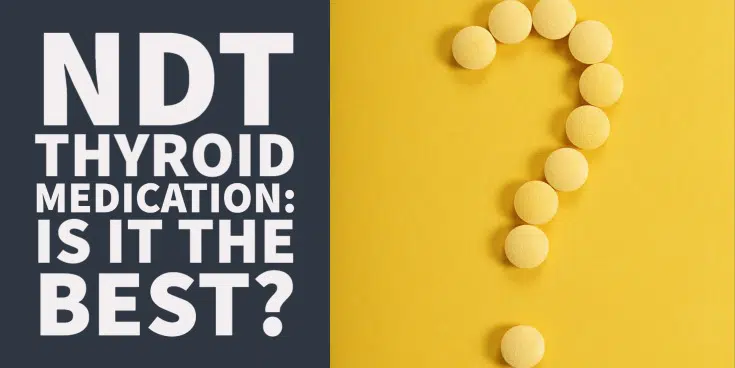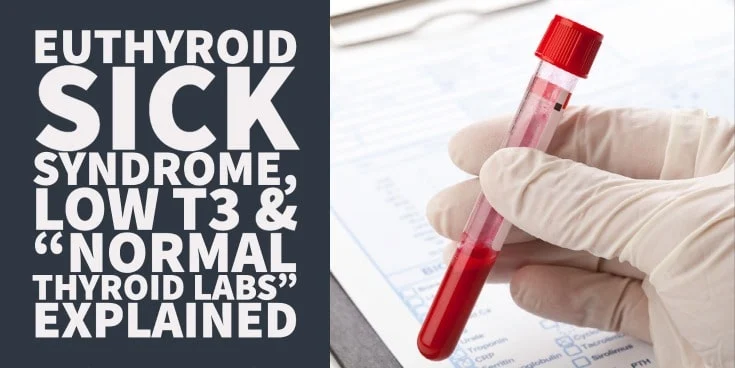This is lesson #4 in my thyroid beginner series and today it’s all about the hormone T3.
The last lesson we discussed the value of T4, how it is produced, what it does, and how it influences your body.
We’re going to do the same thing in this lesson but discuss the other (more active) thyroid hormone:
What is T3?
T3 is the most powerful thyroid hormone that your body produces.
If you were paying attention yesterday then you know that your thyroid gland, under the influence of TSH, produces T3 thyroid hormone directly.
In fact, about 20% of the total amount of hormone that your thyroid produces is T3 (1).
This hormone influences almost every cell in your body, through nuclear receptors, and can be tested through routine blood work.
Your doctor can also prescribe T3 as a medication directly.
Later in this video and post, we will talk about why many people may actually need T3 medication to feel optimal.
But let’s focus on T3 as a hormone first.
T3 as a Hormone
T3 is often referred to as triiodothyronine, especially on lab work or in scientific studies.
But don’t let this confuse you, because triiodothyronine is another name for T3 and both are referencing the same active thyroid hormone.
You know that T3 is the most active thyroid hormone in your body, but how does your body get the hormone?
Through 2 main ways:
#1. Your thyroid gland produces it directly (20% or so)
#2. And through the conversion of T4 into T3 (2).
T3 then circulates through your body where it impacts nearly every cell, either on the surface of the cell or directly in the nucleus (3), to cause all of the positive benefits of thyroid hormone.
T3 is responsible for helping your hair to grow, providing you with energy, helping you lose weight, lifting your mood, increasing your heart rate, managing your cholesterol, and so on.
All of these benefits come from the effects of T3 on the cell.
How do you end up with low T3?
Well, if we go back to the two main ways that we know your body produces T3 we can reverse engineer what can cause low T3.
#1. Your thyroid gland isn’t producing ENOUGH of it.
Conditions such as hypothyroidism, Hashimoto’s thyroiditis, inflammation of the thyroid gland and obesity can all result in reduced production of thyroid hormone directly from your thyroid gland.
A reduction in either T4 or T3 will lead to low T3 in your body.
Why?
Because of reason #2:
#2. And/or you aren’t able to convert T4 into T3 adequately.
The thyroid conversion is the process by which your body takes circulating T4 and turns it into T3, through certain enzymes (4), when it needs to.
If you have a low supply or reservoir of T4 then obviously the amount of T4 that your body can draw upon to create T3 is limited and this may lead to low T3 in your serum (that you can test with lab work).
If you can identify which issue is causing low T3 in your body then you can help direct your therapy and treatments.
But just realize that regardless of the reason, if you have low T3 you will likely experience the symptoms of hypothyroidism.
T3 as a Lab Test
T3 can be easily tested in the blood through two main tests:
#1. Free T3 (amount of unbound active thyroid hormone)
#2. And Total T3 (total amount of T3 in the serum)
Testing for T3 gives you an idea of how much function your thyroid gland has on your body because you are testing for the active thyroid hormone (compare this to T4 which is less biologically active (5)).
T3 is therefore probably the single most important thyroid test that exists (superior to even TSH) (6).
With this in mind, you will want to put a priority on your T3 and ensure that it is in the “optimal” range.
You can use the example below to illustrate the point:

In this example, the free T3 is measured at 2.3 with the reference range of 1.7 to 3.7.
So, from a technical standpoint, the lab is measured in the “normal” range and this is probably what most physicians would tell you.
But what they fail to realize is that most of your hormones operate on a spectrum ranging from zero function to optimal function and everything in between.
You can still “function” with a sub-optimal T3 but you may pay the price of fatigue, hair loss, constipation, and weight gain as a result.
It’s in your best interest, then, to ensure that it is “optimal” for your age.
You do not want to compare your personal T3 to that of someone in their 80’s or 90’s, instead, you want to compare it to a healthy person that is age-matched to you (currently labs are not set up to give this information) (7).
The “optimal” value will vary from person to person but a safe assumption is that you want your free T3 value in the upper 50% of the reference range that you are given (reference ranges change based on the lab).
In a perfect world, you would have tested your free T3 when you were “healthy” and have that as a comparison, but that’s incredibly rare.
So, without this knowledge, you can assume that a healthy range is probably near the top of the range.
In our example that would mean that the “optimal range” would be anything greater than 2.7 putting this patient at a slightly sub-optimal level.
Another important point to mention is that your T3 should always increase if you are taking any type of thyroid medication.
If your T3 doesn’t increase with medication then you need to take a look at conversion, absorption, or look into using a different type of thyroid medication.
T3 as a Medication
T3 can also be used as a medication either by itself or in combination with T4 (and other thyroid medications).
We’ll get into the various formulations of T3 below.
T3, because it is so powerful, tends to have more side effects when compared to T4.
This doesn’t necessarily mean that you should avoid T3 medication but it does mean that it’s more difficult to dose correctly and this may be part of the reason that Doctors shy away from using it.
T3 has a direct influence on your heart cells which can cause your blood pressure and heart rate to increase immediately after taking the medication.
You may feel this sensation as heart palpitations and/or anxiety.
These types of symptoms usually go away over time or as you adjust your dose and aren’t necessarily a reason to stop using the medication.
It’s also important to realize that T3, like thyroid medication, is probably the most effective medication for helping with weight loss (8).
If you are struggling with weight loss, and you have thyroid disease, you need to take a close look at your Free and Total T3 levels (see examples above).
Liothyronine & Cytomel
Liothyronine and Cytomel would be considered “immediate release” versions of T3 because they are usually rapidly absorbed into the body after ingestion.
This may be an issue for some people who then opt to take more frequent, but smaller, doses throughout the day.
This problem is largely solved with SR T3.
SR T3
SR T3 is a compounded medication in which the active T3 hormone is bound to a “sticky” material which delays or slows down the absorption of T3 in your intestinal tract.
This allows for a slow but steady stream of T3 into your body throughout the day.
SR T3 is often preferred if you experience symptoms such as heart palpitations, anxiety, or headaches when using T3.
One potential problem with SR T3 is that it may dramatically reduce the absorption of the dose that you take.
For instance:
If you take 50mcg of SR T3, your body may only absorb some fraction of the total (such as 25mcg or 30mcg of the original 50mcg).
This typically doesn’t happen with the IR T3s.
NDT
T3 is also found in combination with T4 in medications such as Natural Desiccated Thyroid.
Natural Desiccated Thyroid (or NDT for short) is dosed differently than other thyroid medications and is referred to as “grains”.
1 grain of NDT contains around 38mcg of T4 and about 9mcg of T3.
It’s better to use grains as a unit of measuring the potency of NDT because each formulation has a different set of milligrams which equals 1 grain.
For instance:
65mg of Nature-Throid = 1 grain while 60mg of Armour Thyroid = 1 grain.
Don’t let this confuse you though, just realize that NDT contains both T4 and T3.
Because your thyroid gland (when it is healthy) produces around 80% T4 and around 20% T3 it makes sense to supplement your body with similar ratios.
This may be why patients who start taking T3 medication often feel much better compared to when they were on T4 medications by themselves.
Conclusion
T3 fits into the categories of tests, medication, and hormones all in one.
Understanding what T3 does and how it works is critical to understanding thyroid function in the body because it is considered to do all of the “heavy lifting”.
Getting your physician to test for T3 and to prescribe T3 medication can be difficult, but certainly not impossible.
If you’re having trouble, don’t hesitate to try T3 support supplements, which can help your body naturally create more T3.
Between the two, you will be able to optimize your T3 status.
If you are struggling to get help, you can use this as a resource to help you find a knowledgeable physician.
But now I want to hear from you:
Have you had your T3 tested? Were your levels optimal?
Are you currently taking T3 medication? How is it working for you?
Are you struggling to find a doctor willing to work with you?
Leave your comments below!
